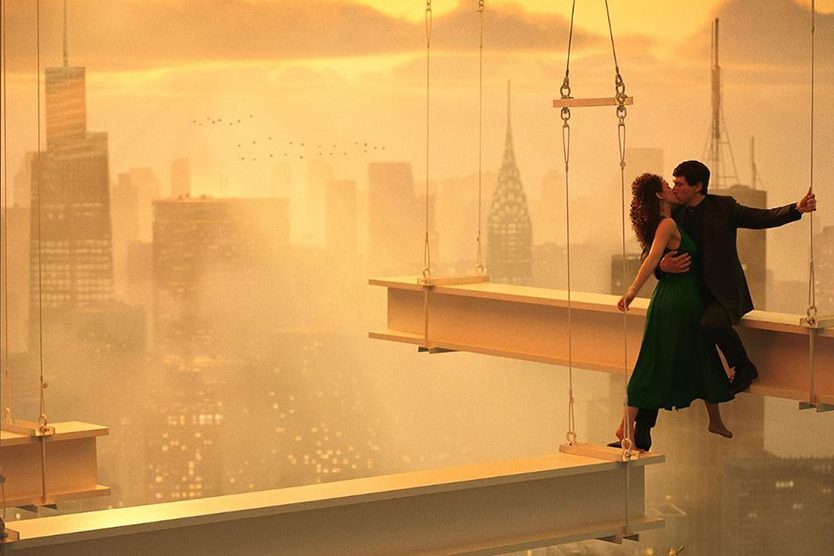
After a fairly barren summer movies-wise (I’m just waiting for the Alien: Romulus backlash to begin, and will be only too pleased to join in with it), there are more promising movies coming our way this fall. Yet the one that’s attracted more attention and interest than possibly anything else this year, maybe even this decade, is the grand return of Francis Ford Coppola with Megalopolis, a self-funded, wildly ambitious folie de grandeur that premiered at this year’s Cannes Film Festival to predictably mixed reactions and an overall consensus that, alas, the one-time visionary genius of theater is no longer a force to be reckoned with, however loopily wild his latest (and, one reluctantly assumes, last) movie is.
Under normal circumstances, the marketing campaign would go big on the good reviews that Megalopolis has received — which certainly do exist, albeit largely tinged with bewilderment — and present it as a must-see blockbuster for the arthouse crowd. Instead, the latest trailer for the picture serves up a full forty-five seconds of previous negative reviews of Coppola’s work, after a growling Laurence Fishburne — one of the actors in the film — pronounces that, “True genius is often misunderstood.” So we are told that Pauline Kael labeled The Godfather “diminished by its own artsiness,” that Vincent Canby of the New York Times lambasted Apocalypse Now as “hollow at its core,” and that Roger Ebert called Bram Stoker’s Dracula “a triumph of style over substance.”
The implication — or even explicit statement — is that the critics were wrong then, and that their present-day equivalents have been wrong about Megalopolis, and that in three, or five, decades, we’ll be looking back at the film and heralding it as a great masterpiece. (Personally, despite being a paid-up apologist for Coppola’s Dracula, I’m not so sure that the original naysayers on that picture were all that wrong.) It’s a bold, gutsy move, albeit one that could well backfire, in much the same way that those novels that print the bad reviews on the back as well as the good ones run the risk of looking appallingly self-satisfied, as well as just plain bad.
There is also a problem, however, with the strategy, and that is that several of the so-called negative reviews were never actually written, or, if they were, they weren’t about Coppola’s movies. Kael, for instance, adored The Godfather from the outset, saying, “If ever there was a great example of how the best popular movies come out of a merger of commerce and art, The Godfather is it.” Canby may not have raved about Apocalypse Now, but he still called it “fantastic, frightening and very, very beautiful,”, and Ebert did indeed call a major film a triumph of style over substance, but it was Batman, not Bram Stoker’s Dracula; he described the vampire picture as “an exercise in feverish excess, and for that if for little else, I enjoyed it.” In other words, the marketeers — or Coppola himself — have done something unparalleled in cinematic history: they have made up bad reviews for major works and used them to promote a new film.
Will it work? It would appear not. The internet has quickly got wise to this particular ruse, and it would not be remotely surprising to see a re-edited version of the trailer, with accurately damning reviews featured, in the next day or two. Amid the continued controversy about whether Coppola groped female extras on set or not, the debate about Megalopolis is now less about whether it’s a masterpiece and more about whether one of the greatest filmmakers who has ever lived and worked has now lost the plot completely. Still, for all the hubris and, let’s be quite frank here, bat-shit crazy planning that’s gone into this, we’re all talking about the film, and chances are that it’ll be remembered for a considerable time to come. But in a good way? That very much remains to be seen.







